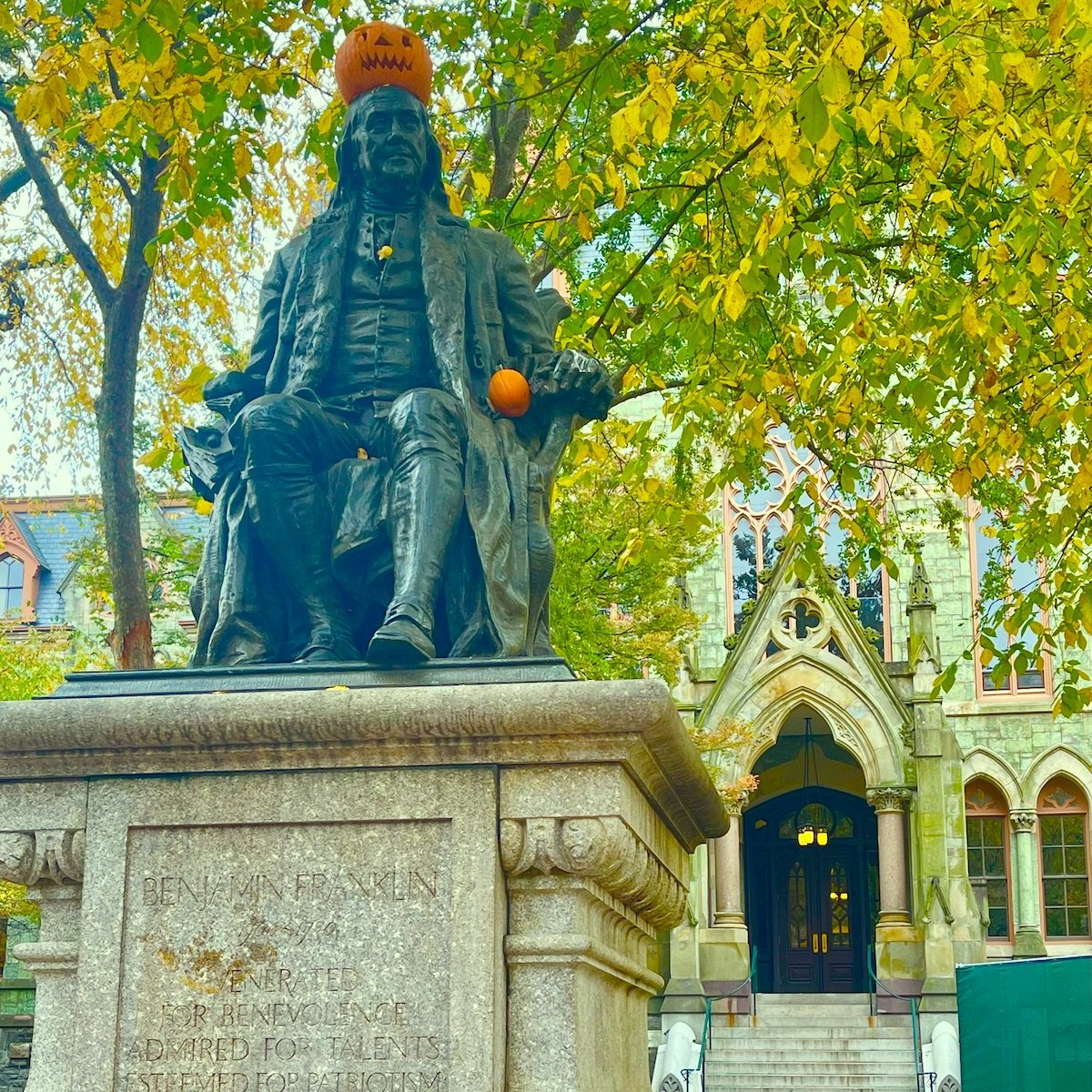Reclaiming the word “kith”
According to the Oxford English Dictionary, the word “kith” is considered “archaic” or “obsolete.” Originating in Old English and in continuous use until 1848, we sometimes still hear this word in the phrase “kith and kin,” as in: “She relied on her kith and kin for emotional and material support.” In this context, “kith” means: “The persons who are known or familiar, taken collectively; one's friends, fellow-countrymen, or neighbours.”
If our blood relations are our kinfolk, then our circle of connections constitute our “kithfolk,” another term we lost somewhere in the evolution of the English language. In many ways, I’ve spent the last two years trying to reclaim the word, the idea, and the reality of kithfolk in our everyday lives–finding new and creative ways to forge community and connection in societies that pull us apart. In this historic moment of overlapping and compounding crises, I’ve been arguing for the importance of utopian dreaming. But I also believe that we must expand our definition of kin, and to nurture and strength our connections to kith.
Since Everyday Utopia came out on May 16, almost six months ago, I’ve had the privilege of doing virtual and in person events around the United States. I've also traveled to speak with readers in Germany, Belgium, and the United Kingdom. Continue reading…

